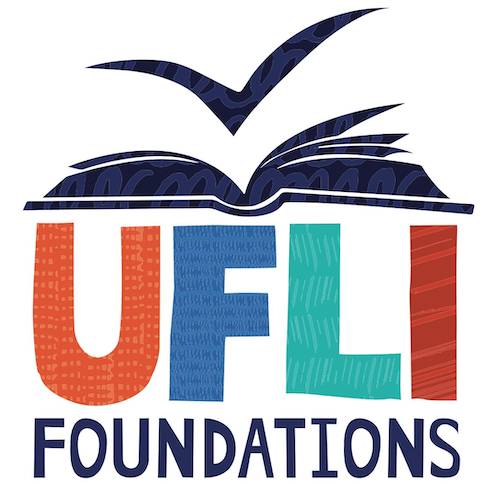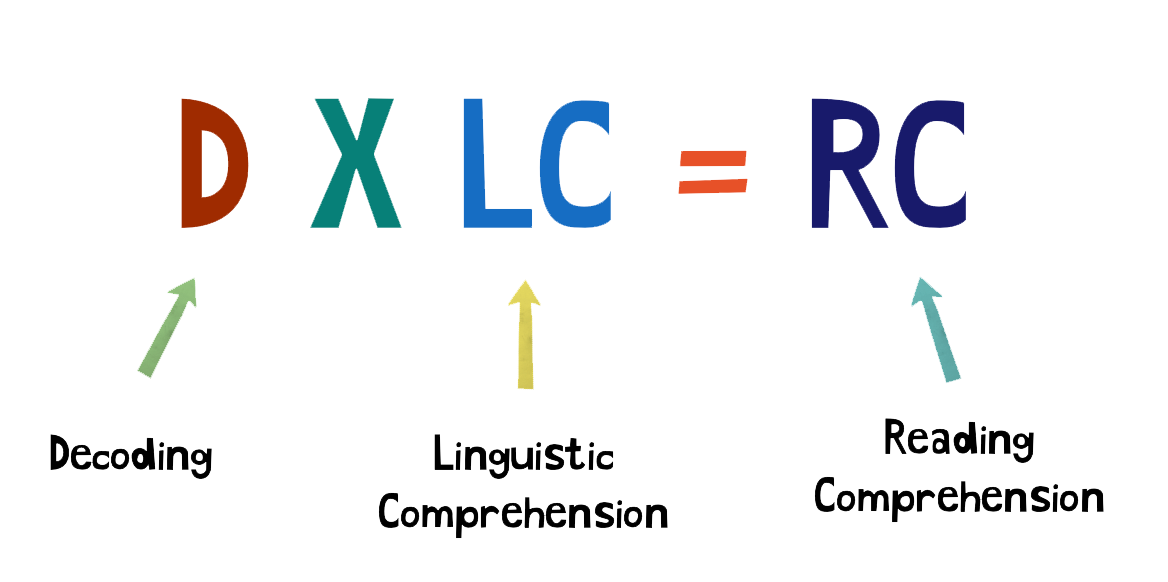How does it work?
UFLI Foundations provides teachers with detailed but easy to follow lesson plans that all follow this eight-step routine:
- Phonemic Awareness
- Visual Drill
- Auditory Drill
- Blending Drill
- New Concept
- Word Work
- Irregular Words
- Connected Text
Steps 1 through 4 serve as a warm-up and review of previously taught concepts. Step 5 is an explicit introduction to a new concept including guided practice reading and spelling words. Steps 6 through 8 are opportunities to apply concepts through reading and writing activities at the word and text level.
What specific skills are targeted in the program?
UFLI Foundations targets the following foundational reading skills:
- Phoneme blending and segmentation practice
- Accuracy and automaticity of grapheme-phoneme correspondences
- Decoding automaticity of words with previously learned concepts
- Explicit introduction of new concepts
- Decoding and encoding practice
- Reading and spelling irregular words
- Reading and spelling connected text
What is special about UFLI Foundations?
Is UFLI Foundations research-based? Is UFLI Foundations evidence-based?
UFLI Foundations is research-based. This means it was developed to align with what decades of reading research has shown to be effective. We incorporated findings from research on word reading development and effective instruction to build an explicit and systematic program for teaching children to read and spell words.
UFLI Foundations is also evidence-based. Before releasing the program, we spent two full years developing and piloting each component. We observed lessons, and we got feedback from teachers who were using the program. Most importantly, we assessed student progress, and we found that students who received instruction using UFLI Foundations made significant gains in phonemic awareness, decoding, and oral reading fluency.
What do you mean by “for teachers, by teachers, with teachers”?
For Teachers...
For years, the most urgent and persistent request we heard from the teachers we work with was for a more effective and more easily implemented program for foundational skills instruction.
While most language arts standards include learning targets for foundational reading skills for kindergarten through second grade, they are not detailed enough to build a day-by-day sequence of instruction. While most schools have an abundance of resources in the form of book rooms, basal readers, and a variety of intervention program kits, there is typically insufficient guidance for how, when, and with whom to use these materials.
In response to this persistent need, our team developed UFLI Foundations, a program that includes the necessary professional learning, resources, and scaffolding for teachers to deliver high-quality instruction in foundational reading skills.
This is how UFLI Foundations was born.
By Teachers...
Every member of the UFLI team began their journey as a classroom teacher. It was their passion for teaching and expertise in reading instruction that led them to become part of Team UFLI, where they provide professional development for educators not only here in Florida, but throughout the country and across the globe. UFLI faculty and staff also conduct research on effective literacy instruction and intervention and use this research to inform their work with teachers. Because of this collective wealth of experience and knowledge, UFLI is well-positioned to translate research into practice, never forgetting what it was like to be in the classroom searching for the best resources to help their students.
With Teachers...
In the two years we have been piloting UFLI Foundations, our team has actively sought feedback from the teachers who were using it in their classrooms. Their response was overwhelmingly positive, but they did give us some valuable insights that helped us hone the program and make it even more effective and efficient to implement.
We listened.
Some features of UFLI Foundations that we have incorporated based on teacher feedback include:
- Concept-based spelling assessments for progress monitoring
- Weekly home support resources
- Pre-planned word chains that provide systematic, interleaved practice during the Blending Drill
- Observation forms for instructional coaches
UFLI Foundations would not exist without the involvement and input from the teachers in our pilot schools!
“It has been so impactful to see what my students have achieved this year in their decoding and phonemic awareness. My kindergarteners now are more proficient in blending and reading than my first graders were last year.”
“The rhythm, the pacing – my kids enjoy it. I don’t have any issues keeping them motivated.”
“I know by following the lesson I’m hitting everything I need to teach.”
“I have really enjoyed using UFLI this year and am in awe of what my kindergarteners are reading. It has been so helpful having a scope and sequence that makes sense and builds on itself. The slides make implementation very straightforward from the teacher side, and my students appreciate the consistency. I am so thankful to get be using this curriculum with my kindergarteners.”
“It has been very helpful implementing the UFLI program. The program has taught me a lot about teaching phonics.”
“This curriculum picks out the best of all the other curricula we’ve had.”
“I feel very validated. I knew this was best practice. I knew this was what we were missing.”
“I like the flow of the lessons, it was systematic and easy to follow”
“These lessons and word lists have saved me so much planning time.”
“UFLI has been so amazing for my kids!! They have a deep understanding of the material and are able to decode words with taught skills… I am teaching a support facilitation class this year, and the interleaved practice that UFLI provides has been so helpful for my class.”
“UFLI Foundations is the best part of my day.”


